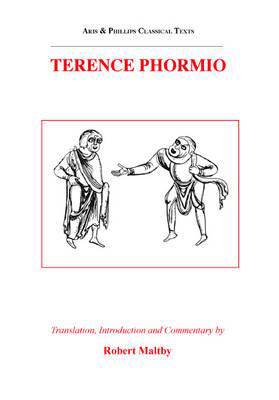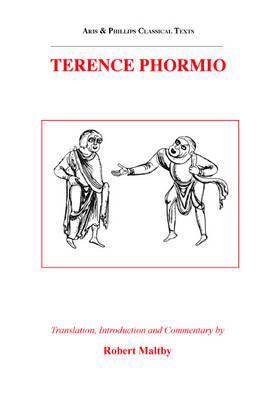
- Afhalen na 1 uur in een winkel met voorraad
- Gratis thuislevering in België vanaf € 30
- Ruim aanbod met 7 miljoen producten
- Afhalen na 1 uur in een winkel met voorraad
- Gratis thuislevering in België vanaf € 30
- Ruim aanbod met 7 miljoen producten
Zoeken
Omschrijving
Terence's Phormio, based on a Greek original by Apollodorus of Carystus, was produced towards the end of his short dramatic career in 161 BC. With its lively action, based on the traditional elements of love, deception and mistaken identity, the play provides an ideal introduction to the genre of New Comedy. What makes the Phormio unique amongst Terence's works is the central importance of the witty and scheming parasite who gives his name to the play and directs and controls its action throughout, even when absent from the stage. The use of the 'double' plot with its two young men in love and two contrasting fathers provides ample scope for depth and variety of characterisation. The aim of the present edition is to bring out to the full Terence's skill in plot development and character portrayal which was to make the Phormio one of his most entertaining plays. Latin text with facing-page translation, introduction and commentary.
Specificaties
Betrokkenen
- Uitgeverij:
Inhoud
- Aantal bladzijden:
- 224
- Taal:
- Engels
- Reeks:
Eigenschappen
- Productcode (EAN):
- 9780856686078
- Verschijningsdatum:
- 31/07/2012
- Uitvoering:
- Paperback
- Formaat:
- Trade paperback (VS)
- Afmetingen:
- 147 mm x 208 mm
- Gewicht:
- 340 g

Alleen bij Standaard Boekhandel
+ 64 punten op je klantenkaart van Standaard Boekhandel
Beoordelingen
We publiceren alleen reviews die voldoen aan de voorwaarden voor reviews. Bekijk onze voorwaarden voor reviews.










